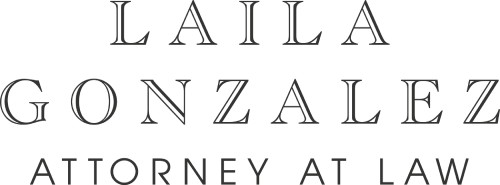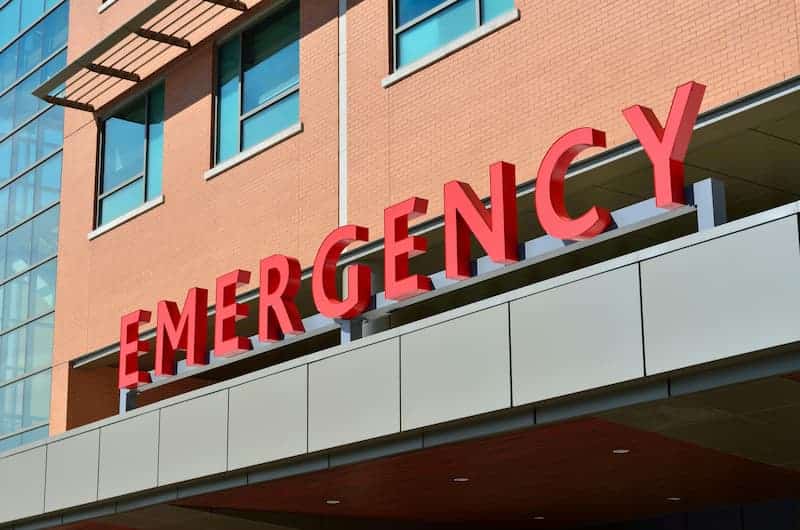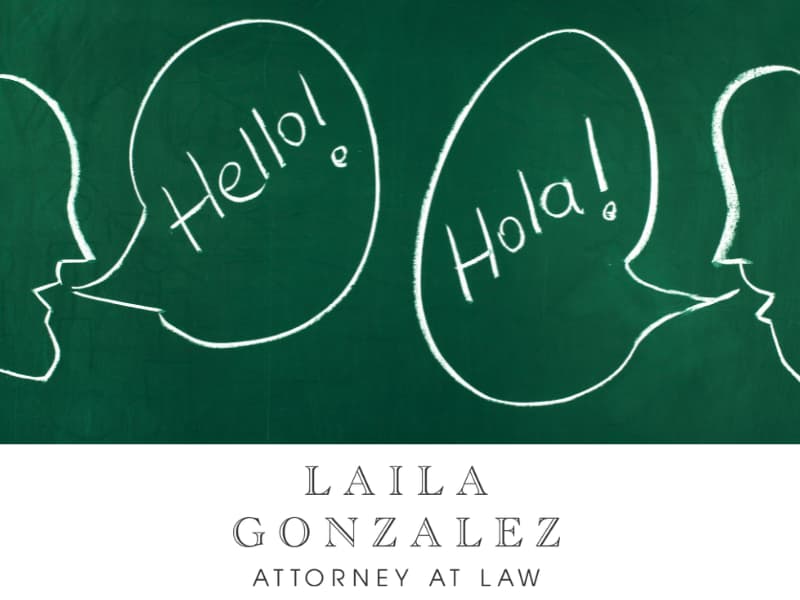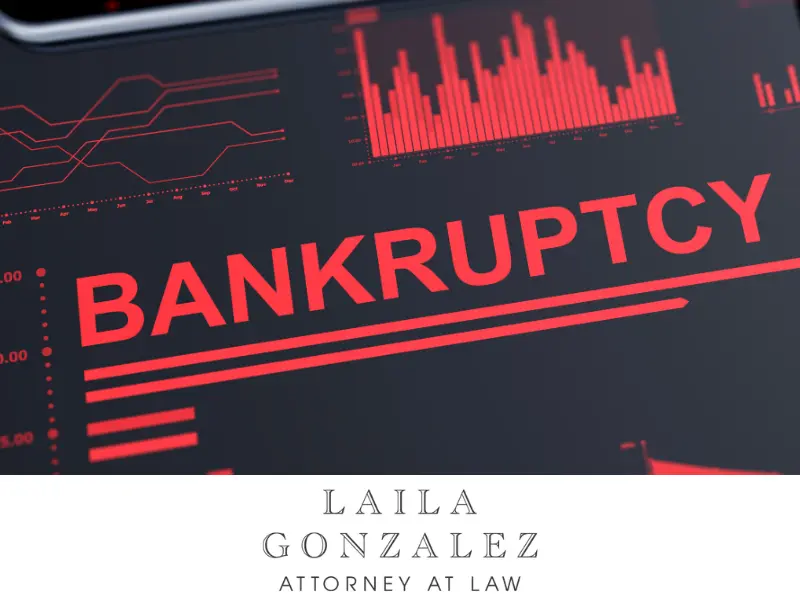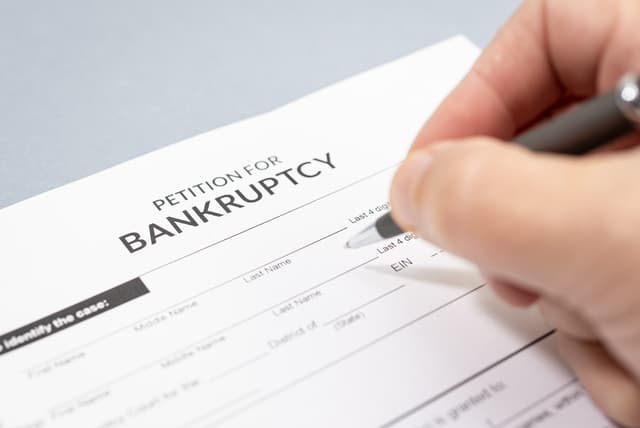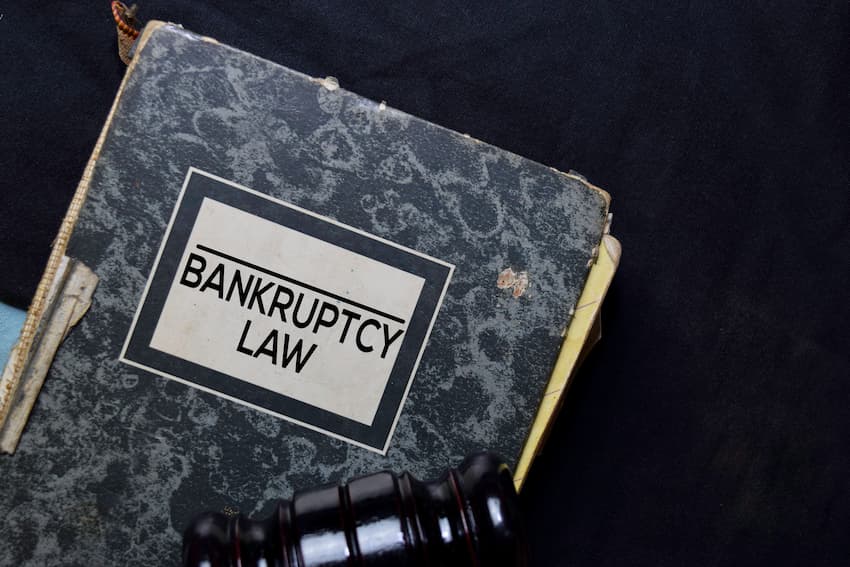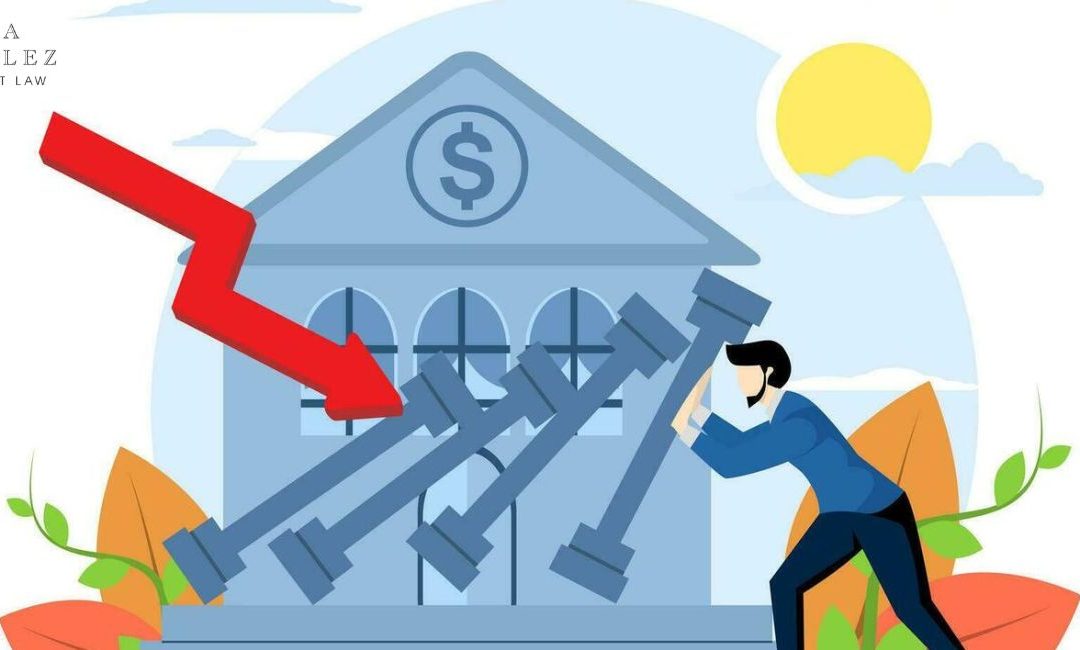If you’re facing severe debt problems, filing for bankruptcy can be a powerful remedy. It stops most collection actions, including telephone calls, wage garnishments, and lawsuits (with some exceptions). It also eliminates many types of debt, including credit card balances, medical bills, personal loans, and more.
But it doesn’t stop all creditors, and it doesn’t wipe out all obligations. For instance, you’ll still have to pay your student loans (unless you can prove a hardship) and arrearages for child support, alimony, and most tax debts.
What Bankruptcy Cant Do – Bankruptcy doesn’t cure all debt problems. Here’s what it can’t do for you.
Prevent a secured creditor from foreclosing or repossessing property you can’t afford. A bankruptcy discharge eliminates debts, but it doesn’t eliminate liens. A lien allows the lender to take property, sell it at auction, and apply the proceeds to a loan balance. The lien stays on the property until the debt gets paid. If you have a secured debt—a debt where the creditor has a lien on your property—bankruptcy can eliminate your obligation to pay the debt. However, it won’t take the lien off the property—the creditor can still recover the collateral. For example, if you file for Chapter 7, you can wipe out a home mortgage. But the lender’s lien will remain on the home. As long as the mortgage remains unpaid, the lender can exercise its lien rights to foreclose on the house once the automatic stay lifts.
Eliminate child support and alimony obligations. Child support and alimony obligations survive bankruptcy, so you’ll continue to owe these debts in full, just as if you had never filed for bankruptcy. And if you use Chapter 13, you’ll have to pay these debts in full through your plan.
Eliminate student loans, except in limited circumstances. Student loans can be discharged in bankruptcy only if you can show that repaying the loan would cause you “undue hardship,” which is a very tough standard to meet. You must prove that you can’t afford to pay your loans currently and that there’s very little likelihood you can do so in the future. Find out more about the undue hardship standard and student loan debt in bankruptcy.
Eliminate most tax debts. Eliminating tax debt in bankruptcy isn’t easy, but it’s sometimes possible for older unpaid tax debts. Learn what’s needed to eliminate tax debts in bankruptcy.
Eliminate other nondischargeable debts. The following debts aren’t dischargeable under either chapter:
- debts you forget to list in your bankruptcy papers (unless the creditor learns of your bankruptcy case)
- debts for personal injury or death due to intoxicated driving, and
- fines and penalties imposed as a punishment, such as traffic tickets and criminal restitution.
If you file for Chapter 7, these debts will remain when your case is over. In Chapter 13, you’ll pay these debts in full through your repayment plan.
Debt related to fraud might get eliminated. A fraud-related debt won’t be discharged if a creditor files a lawsuit called an adversary proceeding and convinces the judge that the obligation should survive your bankruptcy. Such debts might result from lying on a credit application or passing off borrowed property as your own to use as collateral for a loan. Find out more about bankruptcy fraud.
